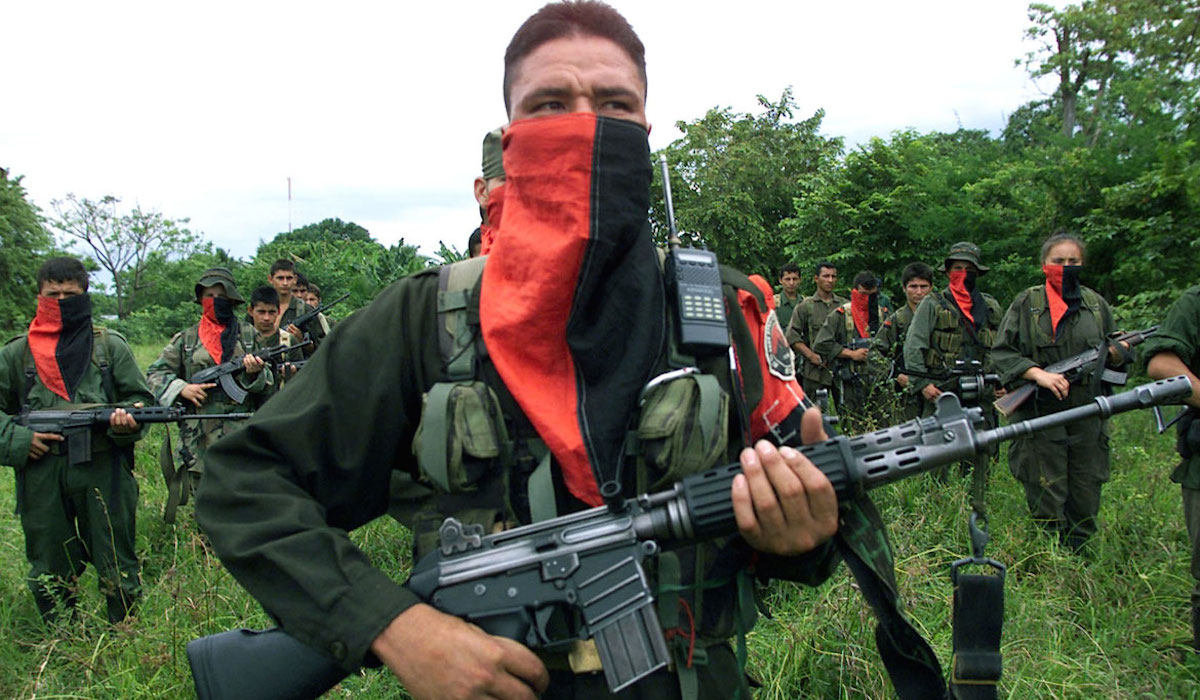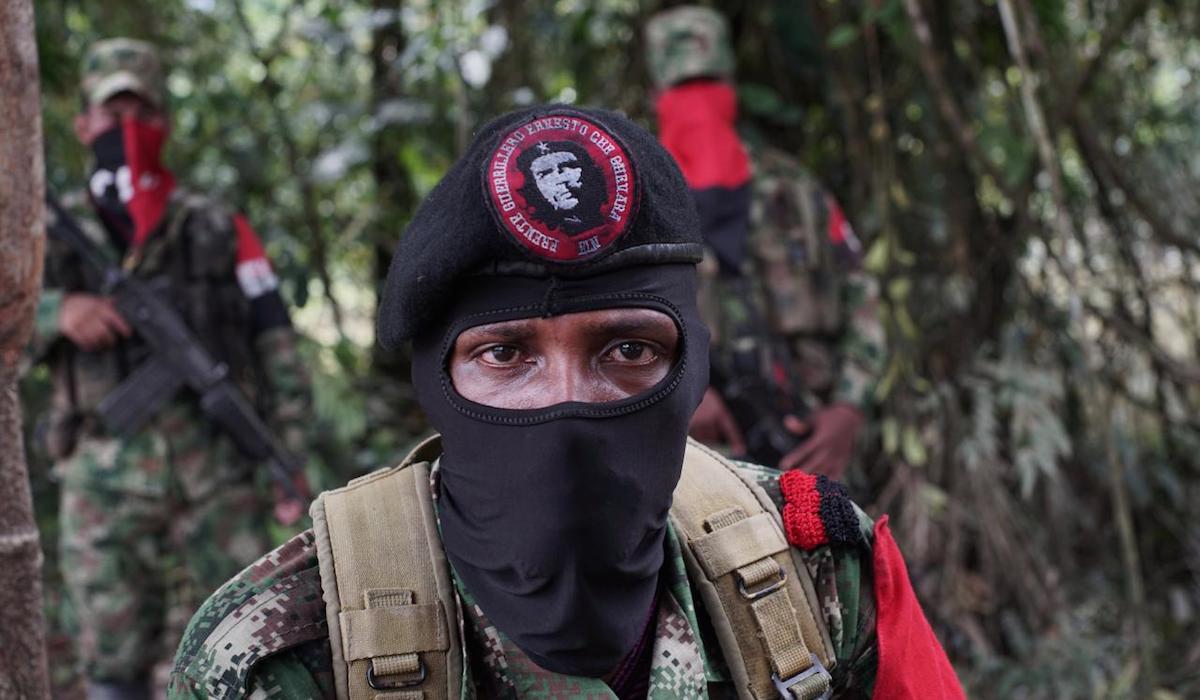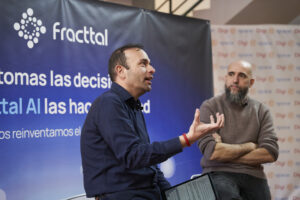While many politicians have welcomed yesterday’s news that the Colombian government has agreed to a bilateral cease-fire with the ELN (National Liberation Army) terrorist group, many are asking the government to make more progress and agree on a more tangible outcome.
Colombian President Juan Manuel Santos has used the pope’s visit to Colombia as a deadline to arrive at an agreement with the ELN. The country signed an accord with the FARC terrorist organization in late 2016, agreeing on a package that included guaranteed seats in congress, a monthly stipend, money for job training and amnesty for FARC criminal actions.
Colombian Senator Germán Varón Cotrino was optimistic about the ceasefire, but cautioned that arriving at a permanent agreement would be difficult.
“The fact that a ceasefire was negotiated with the FARC allows the government to have a more defined path in the negotiations to follow with other groups, which could accelerate progress. However, I don’t think this is as easy as it seems because the ELN doesn’t have a central command structure like the FARC, and its components are autonomous, which could ultimately complicate the achievement of an agreement. Still, we must try”, he said.
For Senator Horacio Serpa, leader of the country’s Liberal party, the fact that a ceasefire was achieved with the ELN is almost a miracle.
“This means we are making steady progress towards the consolidation of an agreement with the ELN, which is what Colombia wants. We resolutely support what is happening on Quito”, Serpa said.
However critics in Colombia’s center-right warn that the country cannot afford an agreement like that which was forged with the FARC. That agreement, which was rejected in a national referendum and lacks public support, resulted in widespread amnesty for hardened criminals, some already imprisoned.







